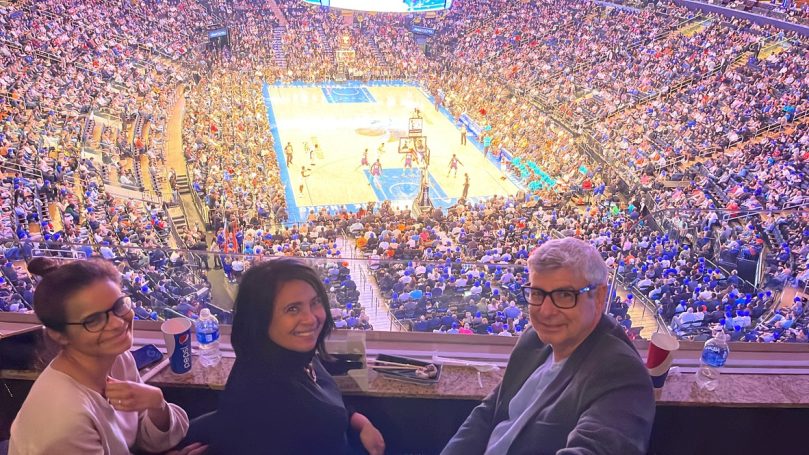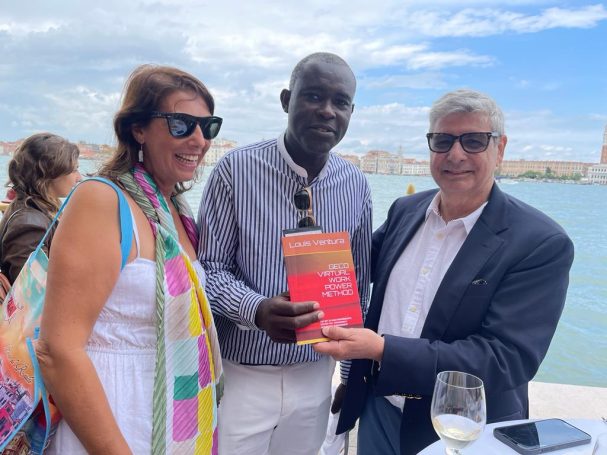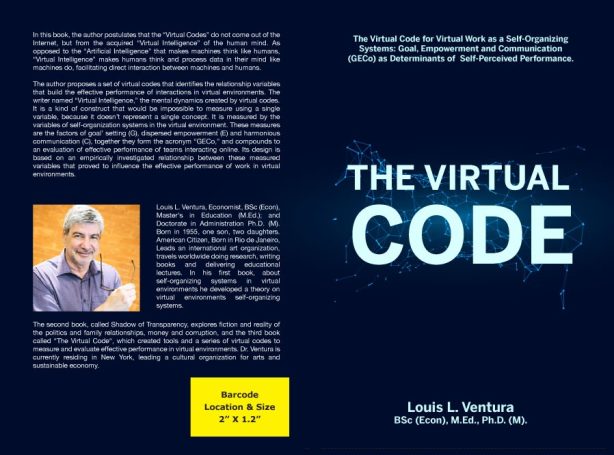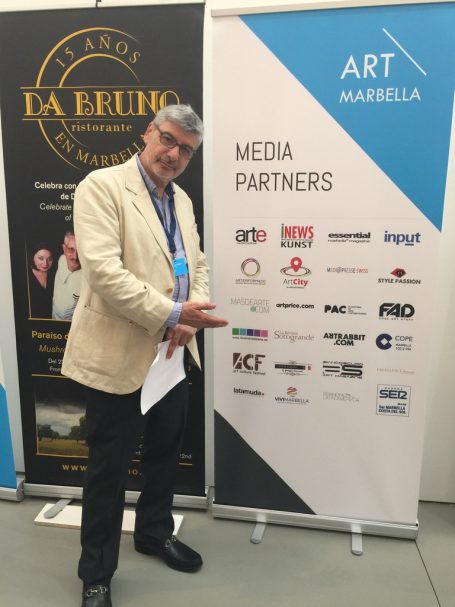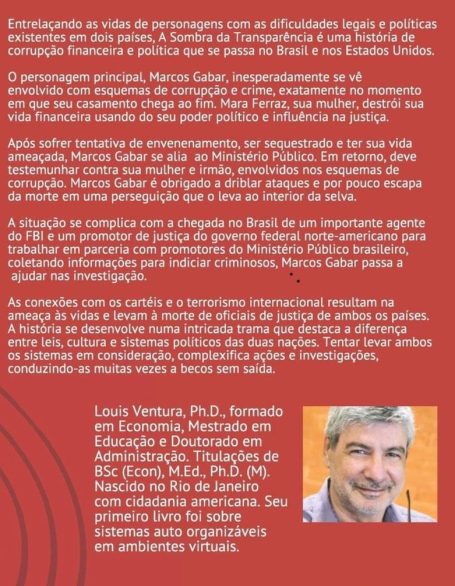Unlocking the Potential of Virtual Work
About Louis L. Ventura
Biography
Louis L. Ventura, Ph.D., from Rio de Janeiro, is a globally recognized researcher and lecturer with degrees in economics, education, and management. Author of notable works like "The Virtual Code" and "Self-Organizing Systems", he specializes in strategies for virtual learning and work environments. Currently based in New York, Dr. Ventura heads the New York International Contemporary Art Society (NYICAS), an arts and sustainable economy cultural organization.
With over 30 years in strategy, finance, and operations, Dr. Ventura has led organizations in executive roles across varied businesses and founded multiple tech-driven companies. He's the president of The New York International Contemporary Art Society (NYICAS). and CEO of Saphira & Ventura (SVx).
Dr. Ventura, with a Ph.D. from Iowa Maharishi University of Management, chairs the New York International Contemporary Art Society (NYICAS), and is engaged in research on sustainable systems, education, and community governance's entrepreneurship. He has served with the Brazilian Endowment for the Arts, and the UN partner organization IREO, and held roles as Chief Economist in BEA New York, and Director of the Institute of Sustainable Economy in Iowa. Specializing in economics and natural resource management, Dr. Ventura's research focuses on economic indicators for sustainability in natural resource environments.
Books, Research and Education
In his book 'GECO Virtual Work Power Method' (ISBN 9798694199247), Dr. Ventura argues that self-organizing systems hinge on goals, empowerment, and communication to achieve adaptability and efficacy in a virtual workspace, furthermore, it frames the multiplication of the artificial intelligence (AI) variables in a self-organized way.
Such systems inherently adjust to changing demands, maintaining their relevance. The concept of self-organization spans various fields. Examples include virtual environments, animal swarming, neural network formation, crystallization, fluid convection, and black market dynamics. This principle also pervades natural ecosystems, from flora and fauna to learning systems in virtual environments.
Research and Education
Self-organization is a core concept in Artificial Intelligence systems (AI) and learning systems, allowing them to autonomously create structured behaviors from internal interactions. Similarly, in social sciences, it denotes the spontaneous emergence of order from localized actions. As Dr. Ventura's "The Virtual Code - GECO Virtual Work Power Method" highlights, systems can naturally self-order without external intervention, given sufficient energy.

TECHNICAL SKILLS
Training in professional development for Business Implementation Management, Systems of Database; and Startups Business Strategic Project Management.
AREAS OF EXPERTISE
Research • Benefit Analysis • Requirements Gathering • User Requirement Evaluation Project Planning • Reporting • Budget Management • ROI Analysis • Risk Analysis Vendor Relationship Management • Business Continuity Planning • Resource Allocation
AWARDS
Postdoctoral Fellowship - Brazilian Endowment of the Arts January 2009 - January 2011 President's Fellowship, Sustainable Economy Institute August 2008 - January 2012 Excellence Grant, IREO-Intergovernmental Renewable Energy Organization January 2000 - January 2012
©Copyright. All rights reserved.
We need your consent to load the translations
We use a third-party service to translate the website content that may collect data about your activity. Please review the details in the privacy policy and accept the service to view the translations.
